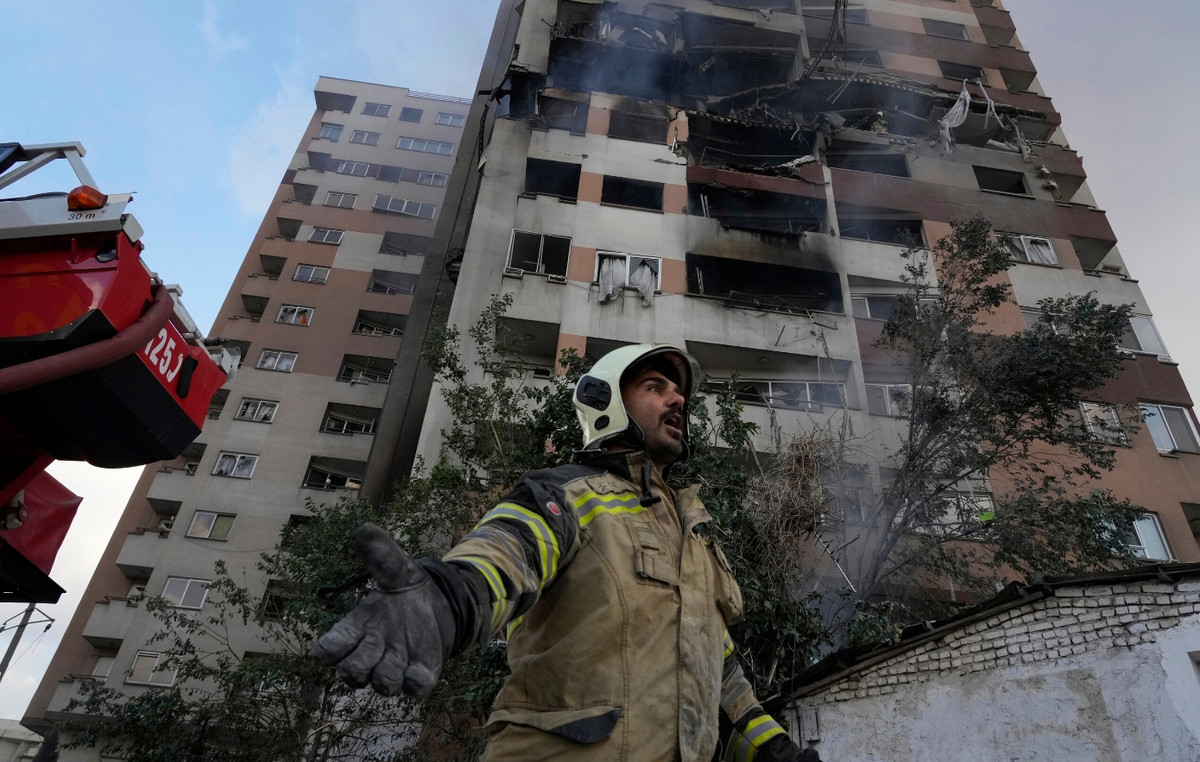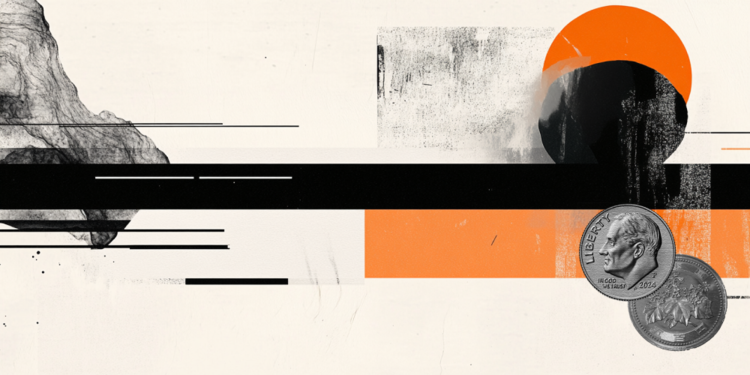An unprecedented study, carried out at Hospital Sírio-Libanês, showed that 71.8% of elderly patients received an alert about the use of potentially inappropriate medications while hospitalized . Also known by the acronym PIMs, these medications may pose some risk to patients, such as longer hospital stays and a greater risk of adverse events.
“The use of these medications, for example, can worsen the clinical picture and increase costs for the health system”, says Pedro Curiati, geriatrician at the Center for Advanced Medicine at Hospital Sírio-Libanês and responsible for the study.
For the work, we analyzed 15 thousand hospitalizations of people aged 60 and over using a clinical decision support system integrated into the patients’ electronic medical records. This system uses artificial intelligence (AI) to generate alerts about the safety and correct use of medications during the patient’s hospitalization.
Throughout the research, alerts related to PIMs for the elderly and their association with the risks of worsening the health status of hospitalized patients were evaluated. The focus of the study was to understand whether the alerts generated identified patients at higher risk and how this was related to their clinical evolution.
The results showed that 71.8% of them presented at least one alert regarding the use of PIMs. “Patients whose prescriptions triggered these alerts tend to have longer hospitalizations, including complications, as well as more adverse events, such as falls, mental confusion and even death,” explains Curiati.
According to the expert, the high alert rate may be related to the fact that elderly patients have concomitant more serious illnesses, but it may also be associated with a longer and more complicated hospital stay.
What medications are potentially inappropriate for the elderly?
According to Curiati, potentially inappropriate medications for the elderly are those whose relationship between benefit and potential risk is less favorable for this age group. In other words, they are medicines whose side effects may be more serious and recurring than the benefits that they can offer to people over 65 years of age.
“The elderly are more susceptible to adverse events and harmful effects of medications for several reasons that are inherent to aging,” says the geriatrician. “There are several criteria to define which medications these are, but the system we use at the hospital is based on a very comprehensive database of information that automatically signals the doctor and generates awareness about medications that should be avoided for some patients,” he adds. .
According to the specialist, different medications for different types of treatment have the potential to pose some risk to the patient. Generally, this risk is associated with some pre-existing predisposition or comorbidity in the patient, but it can also arise due to the risk of drug interactions — when two medications are used together and their effects may change in the body.
“According to our study, one of the most common potentially inappropriate medications is omeprazole and other medications from the same family. This type of medicine works by reducing stomach acidity and is very important and necessary for people at high risk of stomach bleeding, for example”, says Curiati. “Despite having very well-defined indications in these situations, it is very common for people to use this medicine without indication or for a prolonged period. This use reduces the acidity of the stomach, changes the pH of the region, which can affect the absorption of nutrients, such as vitamin B12, the lack of which is associated with dementia”, he explains.
Another risk associated with the inappropriate use of omeprazole in hospitalized patients is the risk of complications such as bronchoaspiration, which may increase the risk of pneumonia. “Having lower acidity in the stomach can encourage the proliferation of some bacteria in the upper part of the digestive system. When you eventually have a reflux, the food can go back to the wrong channel and reach the lungs, increasing the risk of hospital-acquired pneumonia”, explains the geriatrician.
The specialist also mentions hypnotic medications, such as the so-called “Z drugs” (zolpidem, zaleplone and zopiclone, for example) and benzodiazepines (temazepam, rivotril, among others), among those that are potentially inappropriate. “I usually say they are ‘fire extinguishers’. So, they are great when you need to deal with a crisis, as they act quickly, but prolonged use is associated with dependence. There is a lot of growing evidence that it increases the risk of dementias, such as Alzheimer’s disease. It also increases the risk of falls. But this will all depend on how the medicine is being used and whether the use is prolonged or persistent”, he states.
In Curiati’s opinion, the study highlights the need for health systems to adapt and modernize their care processes for the elderly. According to the specialist, care for people over 65 years of age has particularities that do not apply to younger patients and doctors must be aware of and trained to do so.
This content was originally published in 71.8% of elderly people can receive medicines with health risks during hospitalization on the CNN Brasil website.
Source: CNN Brasil
I am an experienced journalist and writer with a career in the news industry. My focus is on covering Top News stories for World Stock Market, where I provide comprehensive analysis and commentary on markets around the world. I have expertise in writing both long-form articles and shorter pieces that deliver timely, relevant updates to readers.







